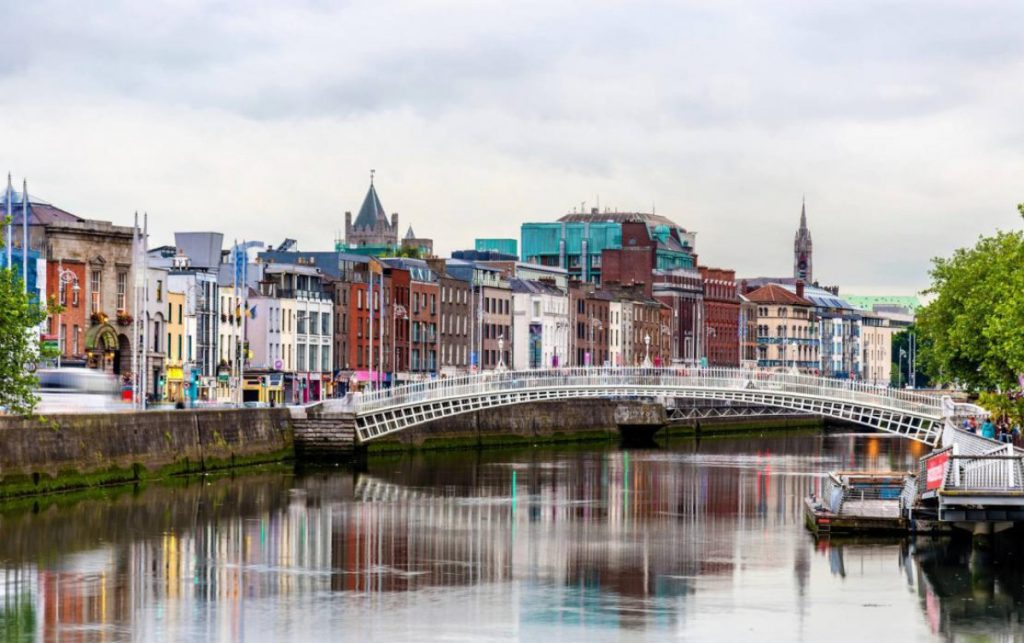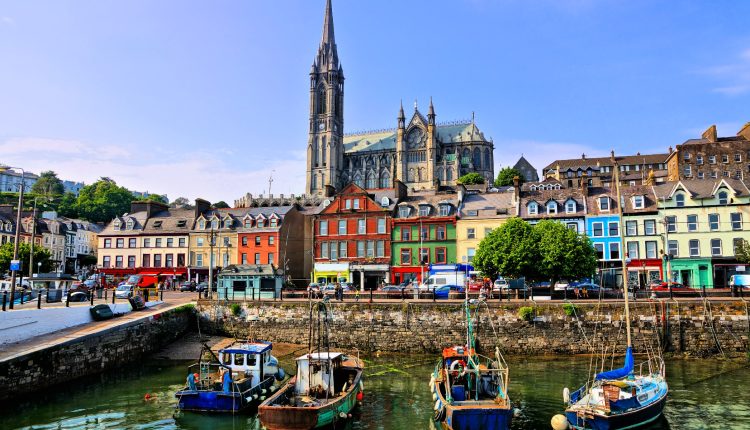Taking the First Step Toward Working in Ireland
Ireland, a member of the European Union, has become an attractive destination for foreign nationals seeking work opportunities. The country is known for its thriving economy, particularly in sectors such as information technology, finance, construction, and tourism. If you are considering working in Ireland and are not a citizen of the European Economic Area (EEA), you will need to obtain a work permit and potentially a visa to enter the country.

This article provides an in-depth look at the various types of work permits available in Ireland, the application process, requirements, and other essential information. Additionally, we will discuss the benefits of working in Ireland and what you need to know when planning your move.
What Is an Ireland Work Permit?
A work permit allows non-EEA nationals to work legally in Ireland for a specific employer. The work permit is issued by the Department of Enterprise, Trade and Employment (DETE) and is required before you can obtain a work visa. There are eight distinct types of work permits available, each designed for different situations and skill levels.
Types of Ireland Work Permits
There are eight types of work permits in Ireland, each with specific conditions. Below is an overview of these permits:
- Critical Skills Employment Permit: This permit is intended for individuals with high-level skills in areas of shortage in Ireland. It is popular among professionals in IT, engineering, and healthcare.
- General Employment Permit: This is one of the most commonly used permits and is issued when an employer cannot find a suitable candidate from within the EEA. Specific criteria, such as salary levels, must be met to qualify.
- Contract for Services Employment Permit: Issued for individuals contracted to provide services for an Irish company for a set period.
- Internship Permit: Aimed at students who wish to gain professional experience in Ireland, this permit is useful for those seeking internships in their field of study.
- Sport and Cultural Employment Permit: Designed for individuals who will participate in sports or cultural events in Ireland. This permit helps support the cultural and sporting life of the country.
- Exchange Agreement Employment Permit: This permit is for those participating in international exchange programs or cooperation agreements.
- Intra-Company Transfer Employment Permit: Suitable for employees of multinational companies who are being transferred to Ireland from another office.
- Reactivation Employment Permit: Available for individuals who previously held a work permit in Ireland and wish to return after a lapse in employment.
How to Obtain an Ireland Work Permit
The process for obtaining a work permit in Ireland may vary depending on the type of permit you apply for, but the general steps are as follows:
- Assessing the Position: Ensure that the job you are applying for meets the criteria for an Irish work permit. Factors such as salary and skill level will be evaluated.
- Employer Requirements: The employer must be registered with the Irish Companies Registration Office and comply with certain conditions, such as advertising the position to ensure no suitable candidate from the EEA can be found.
- Application Process: Applications are submitted via the Employment Permits Online System (EPOS) managed by DETE.
- Application Fee: The fee for a General Employment Permit is €1000. In case of refusal, 90% of the fee is refunded.
Required Documents for an Ireland Work Visa
Once you have obtained a work permit, you will also need to apply for a work visa. The following documents are typically required for the visa application:
- Valid Passport and Photos: A valid passport and two passport-sized photographs.
- Application Form: Completed and signed online application form.
- Work Permit: The permit issued by DETE.
- Job Offer and Employer Letter: A letter from your employer detailing the position and offer.
- Financial Status: Bank statements to show your financial stability.
- Health and Travel Insurance: Proof of health and travel insurance covering your stay.
Working Conditions and Rights in Ireland
Once you receive your work permit and start working in Ireland, you will be entitled to specific rights and benefits. These include:
- Working Hours: The standard workweek is capped at 48 hours.
- Minimum Wage: As of January 1, 2022, the minimum wage for those aged 20 and above is €10.50 per hour.
- Leave Entitlements: Employees are entitled to 10 public holidays annually, as well as paid vacation time.
| Expense Category | Amount (EUR) |
|---|---|
| Monthly expenses for a family of 4 (excluding rent) | 3,072 |
| Monthly expenses for a single person (excluding rent) | 868 |
| One-bedroom apartment rent (city center) | 1,511 |
| One-bedroom apartment rent (outside city center) | 1,244 |
| Three-bedroom apartment rent (city center) | 2,522 |
| Three-bedroom apartment rent (outside city center) | 1,988 |
| Average monthly net salary (after tax) | 2,620 |
Finding Jobs and Career Opportunities in Ireland
If you are looking to find work in Ireland, several sectors are experiencing growth, including technology, finance, and construction. Here are some resources to assist you in your job search:
- Job Search Websites: Use popular job portals such as Jobs.ie, Indeed.ie, and LinkedIn to explore job listings.
- Government Programs: The Irish government offers programs aimed at individuals with specific skills deemed critical to the economy.
Benefits of Working in Ireland
Working in Ireland comes with numerous benefits, including high living standards, access to an advanced healthcare system, and the opportunity to work in a thriving economy. The country is also known for its warm and welcoming culture, making it an ideal place for expatriates.
Embarking on Your Career Journey in Ireland
Ireland presents a wide range of opportunities for those looking to work in a developed economy with a high quality of life. However, you must secure a work permit and meet certain requirements before starting your career in Ireland. The application process, documentation, and types of permits available will vary depending on the job and industry you are interested in. If you have skills that are in demand, especially in areas such as technology and healthcare, Ireland offers excellent career prospects.

